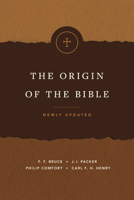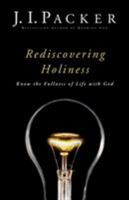10 Essential Herbs/Everybody's Handbook to Health: Everybody's Handbook to Health
Select Format
Select Condition 
Book Overview
Customer Reviews
Rated 4 starsInterestingly good read
I wholeheartedly recommend the Biology for Dummies book to everyday people or prospective students in the subject matter. It provides a good review of biology down to the cells and the beginning of life continuing to the inner workings of the human body. I admit that I have not completed the book yet. It can be complex such as the Krebs cycle but keeps me interested enough to want to know more. My boyfriend, a self-proclaimed...
0Report
Rated 4 starslove the "dummy" book style
I am enjoying this book very much. It's a good refresher for me, and I bet it would be a great study guide for begining bio majors!!
0Report
Rated 5 starsA good book for making biology easier.
I found this book easier to understand then my regular required college biology textbook. Chapters on evolution and ecosystems were very interesting to me. I also would reference this book when I came across a hard topic in my college bio textbook. Donna Rae Siegfried does a good job of explaining hard topics into simplier forms to understand. I also highly recommend The Ultimate Study Guide for Biology: Key Review Questions...
0Report
Rated 5 starsWow! Great review of core bio and chemistry concepts...
Donna does an awesome job of reviewing/explaining every concept from biology that I could think of. I took 2 bio college courses years ago and am going back to school and will be taking some advanced biology courses. I think I now understand the primary concepts better than I did while I was enrolled in the bio courses. I would recommend it.
0Report













































